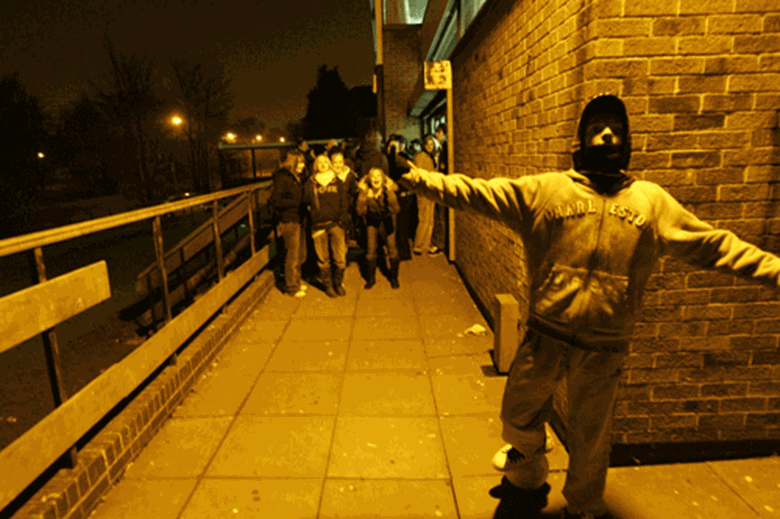Girls in gangs ‘face greater mental health risks'
Neil Puffett
Tuesday, May 21, 2013
Girls with links to gangs are the most vulnerable group in the youth justice system, a study has found.

A report by the Centre for Mental Health found that young women who associate with gangs are on average three times more vulnerable than other children in the system.
Following screening assessments of 8,000 young people at the point of arrest, researchers found that young women involved with gangs were more likely to display a range of risk factors and health issues including poor mental health, family conflict, homelessness and victimisation.
The report, A Need to Belong, reveals that more than a quarter of girls involved with gangs have a suspected mental health problem and 30 per cent had either self-harmed or were judged as being at risk of suicide.
Nearly 40 per cent of girls in gangs had behavioural problems before the age of 12, and were more than three times more likely to have a history of running away and exclusion from school.
They were also three times more likely to have experienced violence, neglect at home and sexual abuse.
Sean Duggan, chief executive of the Centre for Mental Health said it is clear that girls with the most problems are being drawn in to gang culture.
He said: “The reasons girls join gangs are often quite different to boys of a similar age.
“Whereas low self-esteem in boys usually means they are less likely to join a gang, girls with low self-esteem are more likely to get sucked into the gang lifestyle because it offers them a sense of security and an ‘alternative family'.”
Duggan said that the “only way” to prevent vulnerable young women being drawn into gangs is by intervening early to tackle the risk factors.
“By intervening early with proven programmes that improve behaviour we can reduce that risk.
“We can protect against gang involvement by working to strengthen girls’ self-esteem, reduce maltreatment and respond quickly to the first signs of mental ill health.”
John Poyton, chief executive of London-based youth work charity Redthread, said girls and gangs is a “hidden issue”.
The charity has youth workers based at the accident and emergency department at King’s College Hospital in London.
"Young women present at A&E who are victims of gang violence, but because they don't present with obvious injuries, such as knife wounds, they become the unrecognised victims of gang violence.
“A lot will turn up with sexual health concerns, in need of emergency contraception, or pregnancy tests."
The Youth Justice Board is working to spread best practice on intervention projects targeted at girls that address the specific issues they are likely to face.




